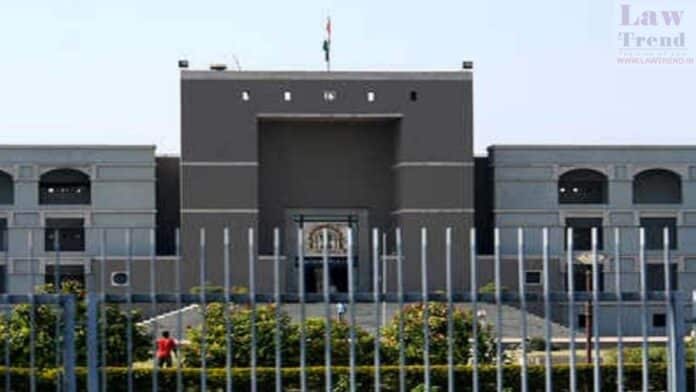The Gujarat High Court, in a recent ruling, dismissed a Pakistani father’s petition seeking custody of his minor son based on concerns of nationality and cultural preservation. The court held that without concrete evidence of illegal detention or harm, cultural and national identity alone are insufficient grounds to justify habeas corpus relief in child custody
To Read More Please Subscribe to VIP Membership for Unlimited Access to All the Articles, Download Available Copies of Judgments/Order, Acess to Central/State Bare Acts, Advertisement Free Content, Access to More than 4000 Legal Drafts( Readymade Editable Formats of Suits, Petitions, Writs, Legal Notices, Divorce Petitions, 138 Notices, Bail Applications etc.) in Hindi and English.




